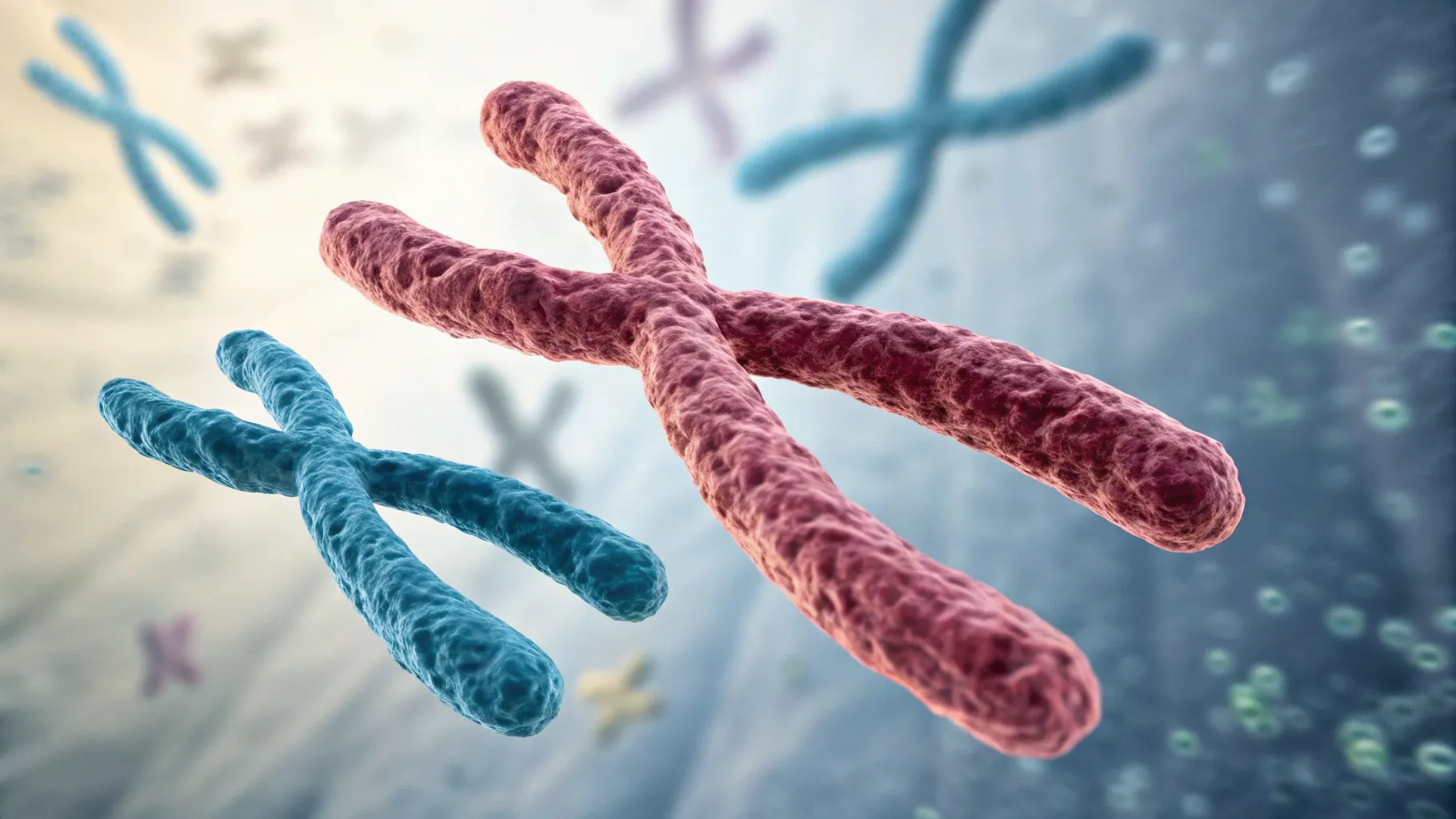Table of Contents
Turner syndrome (TS) is a chromosomal condition that affects females, occurring when one of the two X chromosomes is either missing or incomplete. This genetic disorder can cause a variety of physical and developmental issues, including short stature, infertility, and heart problems. The condition is estimated to affect 1 in 2,500 live female births, though the exact number may vary depending on diagnostic techniques and other factors. One of the most significant risks associated with Turner syndrome is the high incidence of pregnancy loss, particularly in the first and second trimesters.
In this article, we will specifically focus on the miscarriage rate of Turner syndrome in the second trimester, including its causes, statistics, and possible interventions for those carrying a fetus with TS.
What is Turner Syndrome?
Turner syndrome is a condition that arises when one of the X chromosomes in females is missing or incomplete. Normally, females have two X chromosomes (XX), one inherited from each parent. In women with Turner syndrome, however, the second X chromosome may be absent or structurally abnormal. This genetic abnormality can cause a wide range of developmental and health issues, some of which may be apparent at birth, while others may emerge later in life.
Some common features of Turner syndrome include:
- Short stature
- Ovarian insufficiency (which leads to infertility)
- Heart and kidney abnormalities
- Hearing loss
- Skeletal problems
- Learning disabilities (particularly in mathematics and spatial reasoning)
Despite these challenges, many women with Turner syndrome lead full lives, though they may require ongoing medical care and support.
Miscarriage and Turner Syndrome
The relationship between Turner syndrome and pregnancy loss is complex, with a significantly higher miscarriage rate observed in pregnancies involving fetuses with this genetic condition. Pregnancy loss is common across the entire spectrum of Turner syndrome. Still, the risk is particularly high in the first trimester, with some estimates suggesting that up to 99% of pregnancies with Turner syndrome may end in miscarriage during this early stage.
However, the second trimester also presents risks for miscarriage or pregnancy complications in cases involving Turner syndrome, albeit to a lesser extent than the first trimester. The likelihood of a pregnancy progressing to the second trimester without a miscarriage depends on the specific nature of the chromosomal abnormality, as well as any associated health issues present in the fetus or mother. Some well-known celebrities with Turner syndrome have openly shared their stories, providing insight into the challenges they faced during pregnancy and beyond.
Turner Syndrome in the Second Trimester: Miscarriage Risks
While Turner syndrome is strongly associated with early pregnancy loss, the second trimester is not without its own set of challenges. Miscarriage rates during the second trimester are elevated, particularly in pregnancies involving monosomy X (the absence of one of the X chromosomes). Other chromosomal variations within the Turner syndrome spectrum, such as mosaicism (where some cells have two X chromosomes while others have only one), may also lead to miscarriage risks, though they are generally less severe.
Some of the key factors contributing to the higher miscarriage rates in the second trimester for fetuses with Turner syndrome include:
- Cardiovascular Abnormalities: Fetal heart defects are one of the primary reasons for miscarriage in the second trimester. Many babies with Turner syndrome have congenital heart conditions such as coarctation of the aorta, bicuspid aortic valve, or hypoplastic left heart syndrome, which can lead to complications that increase the risk of stillbirth or pregnancy loss.
- Hydrops Fetalis: Hydrops fetalis, a condition characterized by the abnormal accumulation of fluid in the fetus’s tissues, is common in Turner syndrome pregnancies. The condition can result in severe complications that often lead to pregnancy loss during the second trimester.
- Fetal Growth Restriction: Turner syndrome is often associated with intrauterine growth restriction (IUGR), which can impair the fetus’s ability to grow and develop properly. As a result, this can lead to complications in the second trimester, increasing the likelihood of miscarriage or stillbirth.
- Chromosomal Abnormalities: The severity of Turner syndrome can vary greatly depending on whether the fetus has monosomy X, mosaicism, or other chromosomal variations. Fetuses with complete monosomy X are at a particularly high risk of miscarriage due to the fundamental genetic issue at play.
- Maternal Health Factors: Maternal health conditions such as preeclampsia, gestational diabetes, or age-related risks can further elevate the miscarriage rate in pregnancies involving Turner syndrome. These factors can compound the challenges posed by the fetus’s chromosomal abnormalities.
Statistics on Turner Syndrome Miscarriage Rates
The exact miscarriage rate for Turner syndrome pregnancies varies depending on several factors, including the timing of the miscarriage and the type of Turner syndrome. However, a review of various studies highlights the following general trends:
- In the first trimester, the miscarriage rate for Turner syndrome pregnancies can be as high as 98-99%.
- The second trimester sees a slightly reduced but still significant risk, with miscarriage rates ranging from 30-50% depending on the severity of the condition and any associated complications.
While these numbers may sound discouraging, it’s important to remember that there are cases where a pregnancy involving Turner syndrome can progress to a live birth. Babies with Turner syndrome may face a variety of health challenges, but with proper medical management and early interventions, many can survive and thrive into adulthood.
Prenatal Diagnosis and Intervention
Given the high risk of miscarriage associated with Turner syndrome, expectant mothers need to receive early prenatal care and screenings. Prenatal tests such as non-invasive prenatal testing (NIPT), chorionic villus sampling (CVS), or amniocentesis can provide information on whether the fetus has Turner syndrome or other chromosomal abnormalities.
For pregnancies diagnosed with Turner syndrome, close monitoring throughout the pregnancy is crucial. Specialized care from obstetricians, cardiologists, and genetic counselors can help manage potential complications and support the parents. In some cases, interventions such as early delivery may be necessary to save the life of the fetus or improve the chances of a successful birth.
Also Rread: Exciting Preschool Snack Ideas for Healthy Kids
Final Thoughts
Turner syndrome significantly impacts pregnancy, with high miscarriage rates observed in both the first and second trimesters. While the risk of pregnancy loss in the second trimester is slightly lower than in the first, it remains a concern due to complications such as cardiovascular abnormalities, growth restriction, and fetal hydrops. However, with early diagnosis and medical intervention, there is a chance for a successful pregnancy outcome. As research into Turner syndrome continues to evolve, better treatments and management strategies may emerge, offering hope for those affected by this genetic condition.




